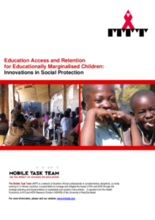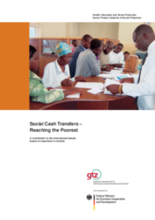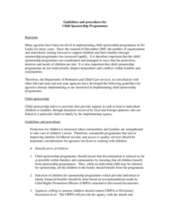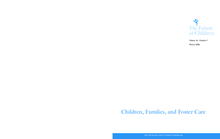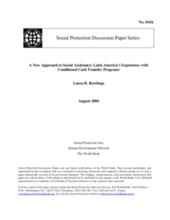Displaying 421 - 430 of 455
A brief document advocating for the strengthening and support of community based responses to children and families affected by HIV/AIDS in Africa.
This paper provides a comprehensive contextual overview of the educational challenges faced by orphans and vulnerable children in sub-Saharan Africa. It includes recommendations for future education policy in the context of HIV and AIDS, as well as provides country specific data on current policies and social protection programs.
Assessment of pilot programs employing World Vision Community Care Coalition model in Uganda and Zambia.
This paper explores the role and process of social cash transfers to reduce poverty and provide social protection. It examines a pilot cash transfer program in Zambia.
Outlines specific guidelines for targeting, sponsor contact, benefits, and monitoring in child sponsorship programmes in Sri Lanka.
Evaluation of the Bolsa Escola Program, which was a Brazilian social services program that provided cash transfers to families provided that their school-aged children would be enrolled in and attending school. Examines how beneficiaries were selected, registered, and monitored. Cites inconsistencies in implementation and roles of municipal governments as significant finding.
In assessing the practice of foster care in the US and its current limitations, this series of articles advocates for the implementation of health assessments for all children in care, support to preserve permanency and assist birth families, comprehensive supports for foster families, specialized services for children in need, increased cultural competency in social work practice, coordinated services across sectors for families in need and comprehensive well being assessments for children in care.
A short discussion of various safety net program options and considerations for effective program design. Focus on reducing poverty in sub-Saharan Africa
Outlines key findings of survey conducted to investigate the challenges faced by households caring for OVC in South Africa. Conclusion delineates six potential responses to community needs.
This paper examines the impact of conditional cash transfers in Latin America. It illustrates successful short-term impact, but recommends continued evaluation to assess the long-term impact.


